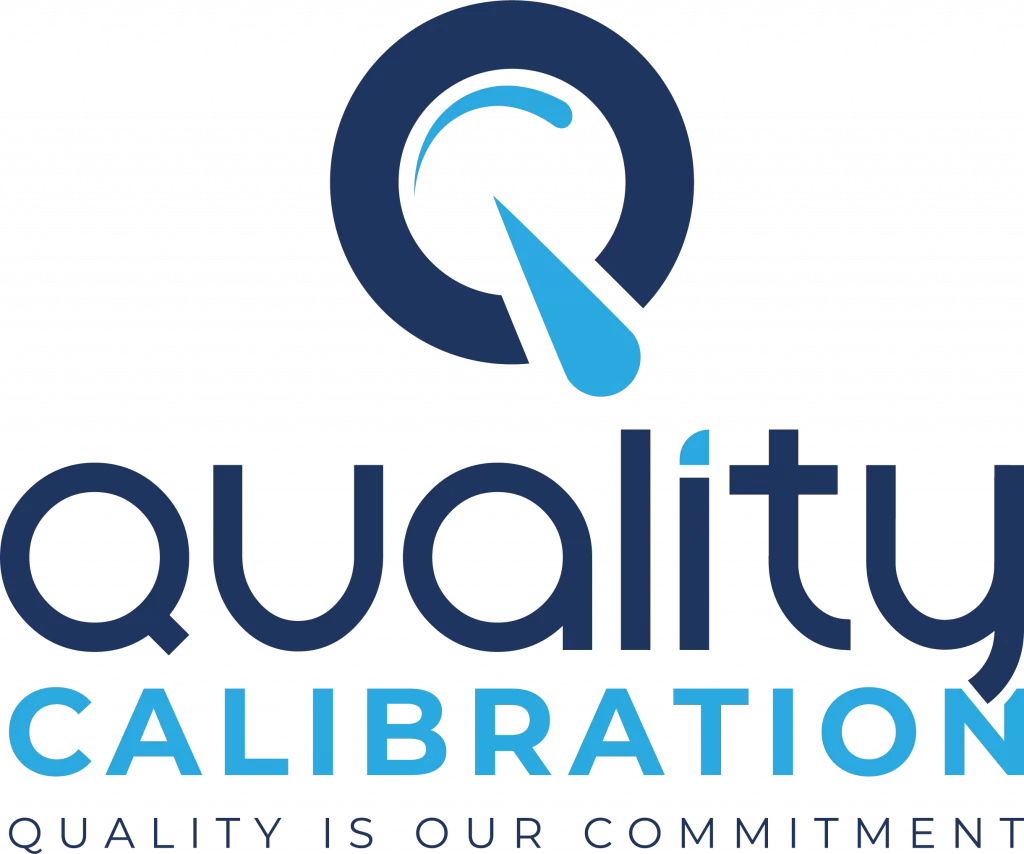Calibration in a clinical laboratory is a fundamental process that ensures the accuracy and reliability of medical testing equipment and instruments. This critical procedure guarantees that the results obtained from these instruments are precise, consistent, and trustworthy. In this article, we will delve into the significance of calibration in clinical laboratories, its various aspects, and why it is vital for patient care.
Understanding Calibration
Calibration Defined Calibration, in simple terms, refers to the process of fine-tuning and adjusting medical instruments to match a known reference or standard. It involves comparing the measurements of an instrument to those of a traceable and well-established standard. In the context of clinical laboratories, this practice ensures that the instruments are producing accurate and consistent results.
Importance of Calibration Calibration plays a pivotal role in maintaining the quality and integrity of diagnostic tests conducted in clinical laboratories. It ensures that the results obtained are not skewed due to inaccuracies in the equipment. Inaccurate results could lead to misdiagnoses and incorrect treatment plans, potentially endangering patients’ lives.
The Calibration Process
Traceability One of the key aspects of calibration is traceability. This means that the standards used for calibration are themselves calibrated and traceable to internationally recognized reference standards. This chain of traceability ensures the reliability of the entire process.
Frequency The frequency of calibration depends on the type of instrument and its intended use. High-precision instruments used for critical tests may require more frequent calibration than those used for routine measurements. Calibration intervals are typically determined by regulatory bodies and manufacturers’ recommendations.
Documentation Proper documentation of calibration procedures and results is crucial. Detailed records help track the performance history of each instrument and provide evidence of compliance with quality standards. This documentation is also essential for audits and quality control assessments.
Why Calibration Matters
Patient Safety The primary reason calibration is indispensable in clinical laboratories is patient safety. When an instrument is not calibrated correctly, it can produce inaccurate results, potentially leading to wrong diagnoses and treatments. Calibration ensures that patients receive the most accurate and reliable medical care possible.
Compliance Clinical laboratories are subject to strict regulatory requirements, such as those set forth by organizations like the Clinical Laboratory Improvement Amendments (CLIA) and the College of American Pathologists (CAP). Regular calibration is essential for maintaining compliance with these regulations and avoiding penalties.
Cost Savings While the initial investment in calibration equipment and services may seem substantial, it can lead to cost savings in the long run. Accurate instruments reduce the need for retesting, prevent costly errors, and minimize the risk of malpractice lawsuits.
Challenges in Calibration
Technical Expertise Calibration requires skilled technicians who are knowledgeable about the specific instruments being calibrated. Finding and retaining qualified personnel can be a challenge for clinical laboratories.
Downtime Calibration often necessitates taking instruments out of operation temporarily. This downtime can disrupt laboratory workflows and impact patient care, making it essential to schedule calibrations strategically.
Cost Calibration can be costly, especially for laboratories with a wide range of instruments. However, the expense is outweighed by the benefits of accurate and reliable results.
Bottom Line
In the realm of clinical laboratories, calibration is not merely a technicality; it is a lifeline. It ensures that medical instruments produce results that healthcare professionals can trust, ultimately safeguarding patient well-being. While calibration may present challenges, its benefits in terms of patient safety, regulatory compliance, and cost savings are undeniable. Therefore, clinical laboratories must prioritize and invest in calibration as an integral part of their operations. By doing so, they uphold the highest standards of accuracy and reliability in patient care, making a significant difference in the lives of those they serve.

Md. Hasan Ibrahim is a Technical Manager at Quality Calibration with extensive experience in the calibration sector since 2015. Holding a Bachelor of Science degree in Mechanical Engineering from Khulna University of Engineering & Technology (KUET), he has received training from various national and international organizations including CSIR-CMERI, QSI, BAB, NML-BSTI, memmert, and X-rite. With expertise in ISO/IEC 17025 assessment, method validation, metrological traceability, and uncertainty, he has successfully completed numerous calibration projects across diverse industries such as pharmaceuticals, food & beverage, oil & gas, textiles & garments, power plants, batteries, chemicals, hospitals & healthcare, and private universities.


